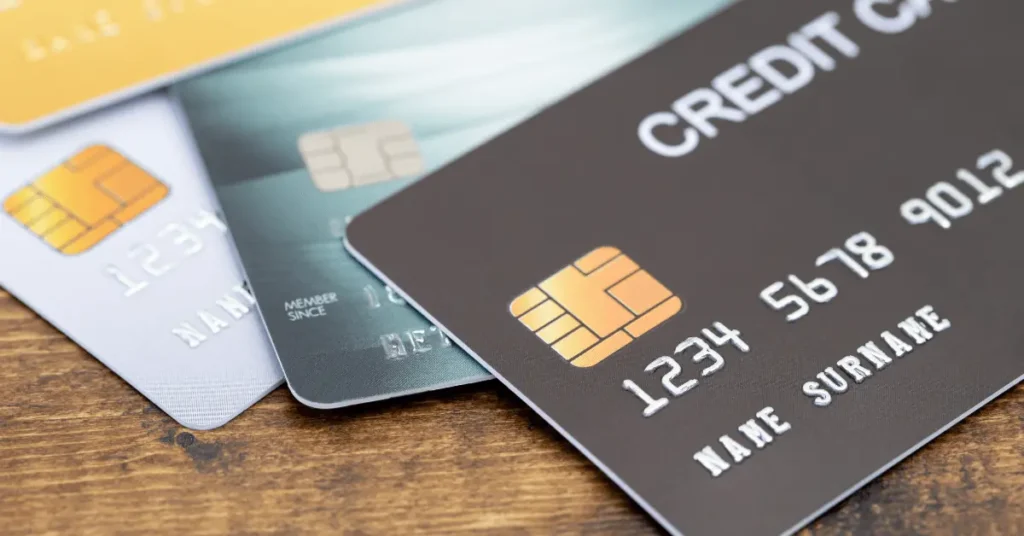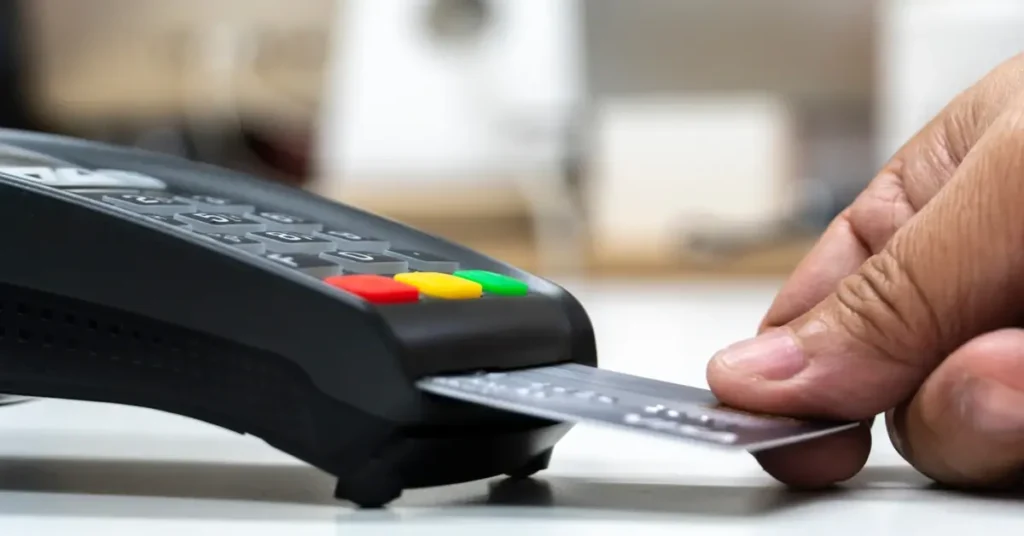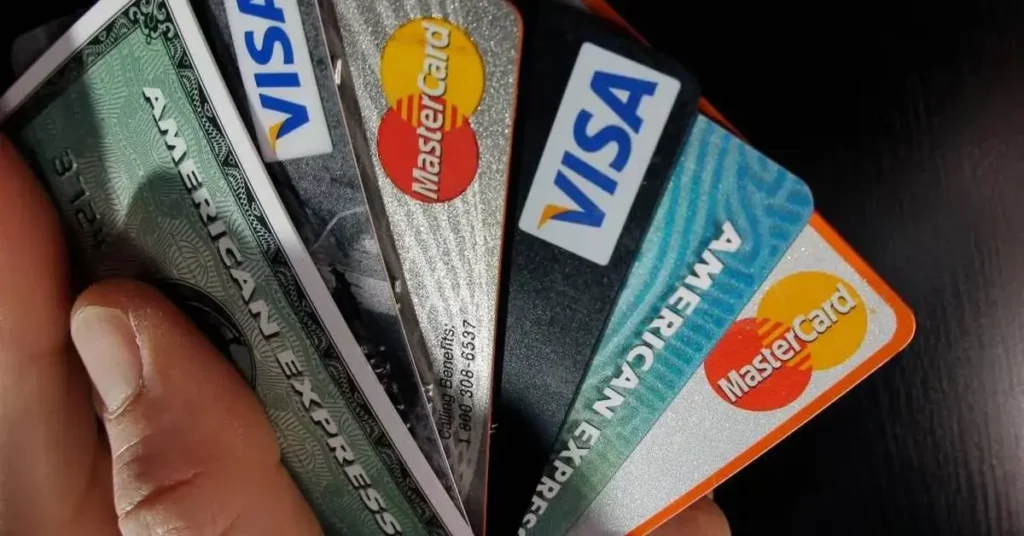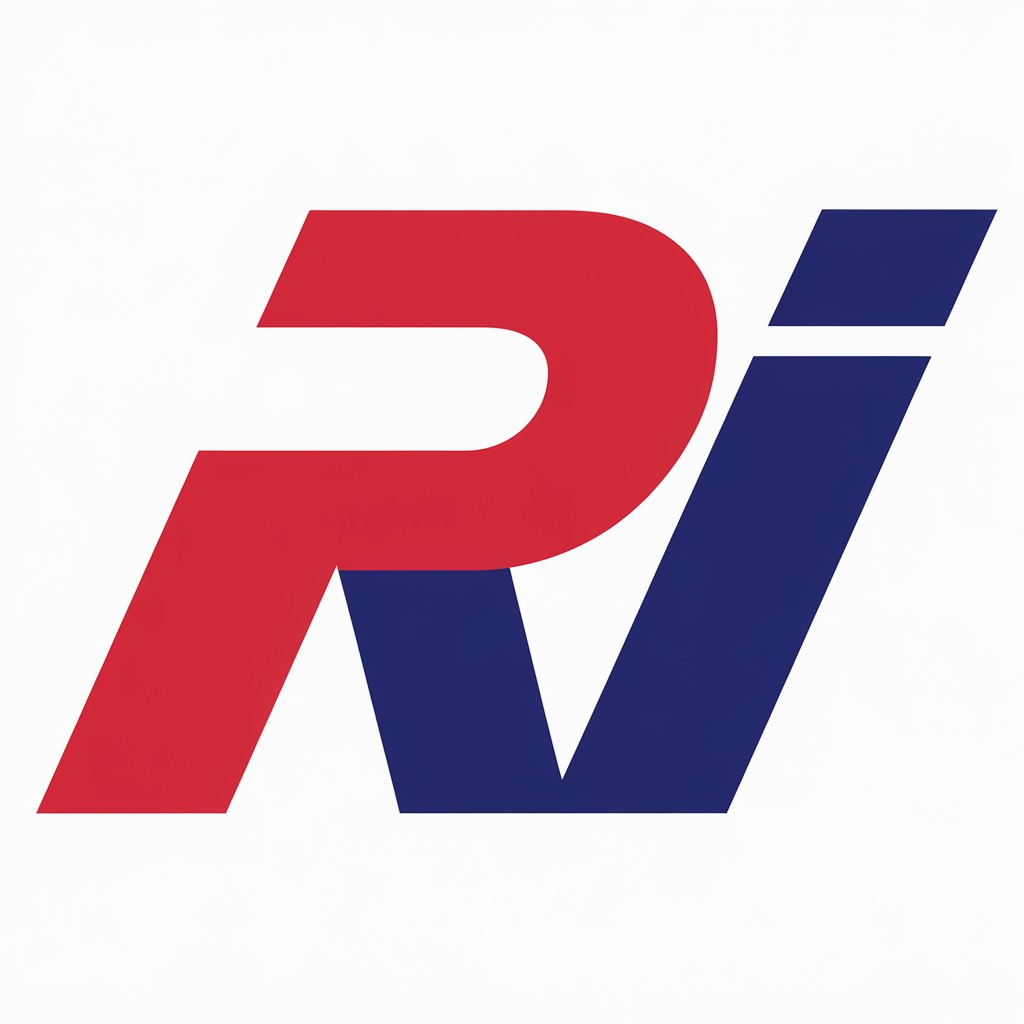If you’ve ever glanced at your credit card statement and seen an unfamiliar charge labeled COTFLT, you might have wondered what exactly it means and whether it’s legitimate. This charge, which often appears on your statement, is linked to Capital One Travel, a division of Capital One that handles various travel bookings, including flights, hotels, and vacation packages. In this post, we’ll dive deep into what the COTFLT charge is, how it works, and what you should do if you notice one on your statement.
What is the COTFLT Charge on Credit Cards?

The COTFLT charge refers to a fee that appears on your credit card statement for Capital One Travel transactions. When you book a flight, hotel, or vacation package through Capital One Travel, the corresponding charge will appear on your credit card under the label COTFLT. This can cause confusion, especially if you’re not familiar with the Capital One Travel platform or you don’t recall making a travel-related purchase.
What Does COTFLT Mean?
The COTFLT charge is a merchant code that refers specifically to Capital One Travel, and it is tied to the transaction types processed through their platform. This can include:
- Flight reservations made through Capital One Travel.
- Hotel bookings processed via their travel service.
- Vacation packages purchased through the Capital One Travel portal.
Why Do You See a COTFLT Charge on Your Statement?
If you’ve made any travel bookings using Capital One Travel, whether through their website or app, a COTFLT charge will likely appear on your credit card statement. In most cases, this is a legitimate charge tied to the services you’ve purchased. However, if you’re unfamiliar with the transaction, it’s important to verify the details to avoid confusion.
Common Causes of COTFLT Charges on Credit Card Statements
| Transaction Type | Description | Example |
|---|---|---|
| Flight Reservations | Charges for flights booked through Capital One Travel. | Booking a flight from New York to Los Angeles. |
| Hotel Bookings | Charges for hotels or accommodations booked through Capital One Travel. | Reserving a hotel room in Miami for 3 nights. |
| Vacation Packages | Charges for bundled vacation deals including flights, hotels, and activities. | Booking a package for a Cancun holiday. |
| Travel Insurance | Charges for travel insurance purchased alongside flights or hotels. | Adding travel insurance when booking a flight. |
Breaking Down the COTFLT Charge: What Does It Really Mean?

The COTFLT charge on your credit card statement is not an ambiguous or random fee. It refers to purchases made through Capital One Travel, and the label comes from the Visa Merchant Data Standards used to categorize transactions.
When you make a purchase, Capital One Travel is listed under a specific merchant category code (MCC) for processing, and this is how it appears on your statement. For example, if you book a flight through their platform, the charge will be listed under COTFLT with details about the airline and flight booking. Similarly, hotel bookings and vacation packages will appear under the same charge label, though the description will vary to reflect the nature of the transaction.
How Do You Identify the Charge?
The easiest way to identify a COTFLT charge is by reviewing your transaction data and comparing it with your Capital One Travel purchases. Here’s a quick guide:
- Check your booking confirmation: If you have recently booked any travel through Capital One Travel, refer to your confirmation emails or receipts to match the date, amount, and service.
- Look at the merchant name: While the charge will appear as COTFLT, you may also see a DBA (Doing Business As) name associated with the specific airline, hotel, or service provider.
- Review your credit card provider statement: The charge description might include a generic COTFLT label, but the transaction details often provide further clarification.
Why Is the COTFLT Charge Applied to Your Credit Card?

The COTFLT charge is a result of using Capital One Travel for various travel-related purchases. Once you finalize a booking through their platform, the charge is processed through their payment system, which then reflects as a COTFLT charge on your statement. The reason for this label is mainly due to how Capital One categorizes and processes travel transactions.
What Kind of Purchases Lead to COTFLT Charges?
A COTFLT charge can be associated with several types of purchases made via Capital One Travel:
- Flight reservations: If you book a flight through Capital One Travel, the charge will likely appear as COTFLT on your statement.
- Hotel bookings: Similarly, hotel reservations made through the platform will also show up with the same charge.
- Vacation packages: Any all-inclusive travel packages, which may include flights, accommodation, and other services, also fall under this charge label.
Are COTFLT Charges Always Legitimate?
In most cases, COTFLT charges are legitimate, especially if you’ve recently booked a trip using Capital One Travel. However, if you don’t recall making a purchase or the charge seems out of place, it’s important to verify it right away.
Steps to Take If You Suspect Fraudulent or Unfamiliar COTFLT Charges
| Step | Action | Details |
| 1. Review Your Records | Check your travel bookings or reservations to match the charge. | Verify the charge with your Capital One Travel bookings and confirmation emails. |
| 2. Contact Customer Service | Reach out to Capital One Travel or your credit card provider. | Use the customer support contact details for clarification. |
| 3. File a Dispute | Dispute the charge with your credit card provider if it’s fraudulent. | Follow the dispute process to resolve unauthorized charges. |
| 4. Report to Authorities | File a fraud report with the FTC and, if needed, the police. | Protect yourself from identity theft and fraud |
How to Verify the Legitimacy of a COTFLT Charge

If you’re unsure whether a COTFLT charge on your credit card statement is legitimate, follow these steps to confirm its validity:
1. Review Your Recent Travel Purchases
Check if you’ve recently booked anything through Capital One Travel. Look for any flight, hotel, or vacation package reservations and match the dates and amounts with the COTFLT charge on your credit card statement.
2. Check for Merchant Mislabeling
Sometimes charges may appear under a generic merchant name due to merchant mislabeling. While the COTFLT label indicates a Capital One Travel transaction, it’s important to confirm the details by checking the merchant information, such as the Doing Business As (DBA) name or transaction inquiry.
3. Verify with Your Credit Card Provider
If you don’t recall making any travel purchases or if the details don’t match, contact your credit card provider (e.g., Capital One) for clarification. They can help verify whether the charge is legitimate or a potential case of fraud.
What to Do if You Suspect Fraud or an Unfamiliar Charge
If after verifying your records you suspect the COTFLT charge is fraudulent or incorrect, follow these steps:
1. Immediately Contact Customer Service
Reach out to Capital One Travel or your credit card provider to inquire about the charge. You can typically do this through their customer support hotline, online chat, or email support.
- Customer service number for Capital One Travel: 844-422-6922
- Customer support options: Email and phone support for transaction inquiries.
2. File a Dispute or Fraud Claim
If the charge is found to be unauthorized or fraudulent, file a formal dispute with your credit card provider. Many credit card issuers have fraud protection services that can help resolve the issue quickly.
3. Monitor Your Account
It’s also essential to monitor your bank account and credit card statement for any other unusual activity. Reporting and blocking any further fraudulent charges will help prevent additional financial damage.
How to Report Fraudulent Charges
If you confirm that a COTFLT charge is fraudulent, you should report it immediately. Here’s how to take action:
1. Contact Your Credit Card Provider
Call your credit card provider’s customer service number to report the fraud. Ensure you have all the details of the charge ready for them to investigate.
2. File a Fraud Report with the FTC
You can report fraudulent charges to the Federal Trade Commission (FTC), which helps consumers with cases of identity theft and financial fraud. Visit the FTC website for more information.
3. File a Police Report
In cases of identity theft or other significant fraudulent activities, file a police report to document the incident and protect yourself from further financial loss.
How to Protect Yourself from Future Fraudulent Charges
To avoid falling victim to fraudulent charges, consider these fraud prevention tips:
- Use credit card security features such as two-factor authentication and alerts for any unauthorized transactions.
- Monitor your credit card statements regularly to spot discrepancies.
- Cancel subscription renewals you no longer need to avoid unexpected subscription charges.
- Verify merchants before making online bookings to ensure you’re dealing with a trusted source.
FAQs
What is this charge on my credit card?
This charge could be linked to any transaction made with your credit card, like purchases or services. Review your credit card statement for the merchant name and amount to identify the charge.
How do you read credit card charges?
Credit card charges are listed with the merchant’s name, the transaction amount, date, and sometimes a reference number. Check for any unfamiliar entries or recurring charges.
What is the charge for using a credit card?
Credit card companies may charge fees such as annual fees, late payment fees, or interest on unpaid balances. Some merchants may also add processing fees for credit card payments.
What is the transaction charge on a credit card?
A transaction charge refers to fees imposed by the credit card issuer or merchant for processing a payment, which can include foreign transaction fees or cash advance fees.
What is the COTFLT charge on a credit card?
The COTFLT charge appears on your statement for transactions made through Capital One Travel. It covers purchases like flights, hotels, or vacation packages.
How to identify unknown transactions?
Look for transaction details like the merchant name, date, and amount. Compare with your purchase history or contact your credit card provider if unsure.
How to avoid convenience fees?
Convenience fees can be avoided by using payment methods that don’t incur extra charges, like bank transfers or avoiding specific payment channels that add fees.
How to calculate credit card fee?
Credit card fees are typically calculated based on the card issuer’s terms, like interest rates (APR) for balances, annual fees, or transaction fees. Check your card agreement for exact rates.
How to avoid credit card surcharges?
To avoid surcharges, use a credit card without extra fees or pay with other methods like debit cards or cash. Look for merchants that don’t add additional charges for credit card use.
Final Thoughts
While seeing a COTFLT charge on your credit card statement can initially cause confusion, in most cases, it’s tied to legitimate purchases made through Capital One Travel. Whether you’ve booked a flight, hotel, or vacation package, these charges are standard for travel-related transactions through the platform. However, if you’re unsure about any charge, it’s important to take immediate action. Contact your credit card provider or Capital One Travel to verify the charge. If necessary, dispute any unauthorized transactions and take steps to prevent future fraudulent activities.
